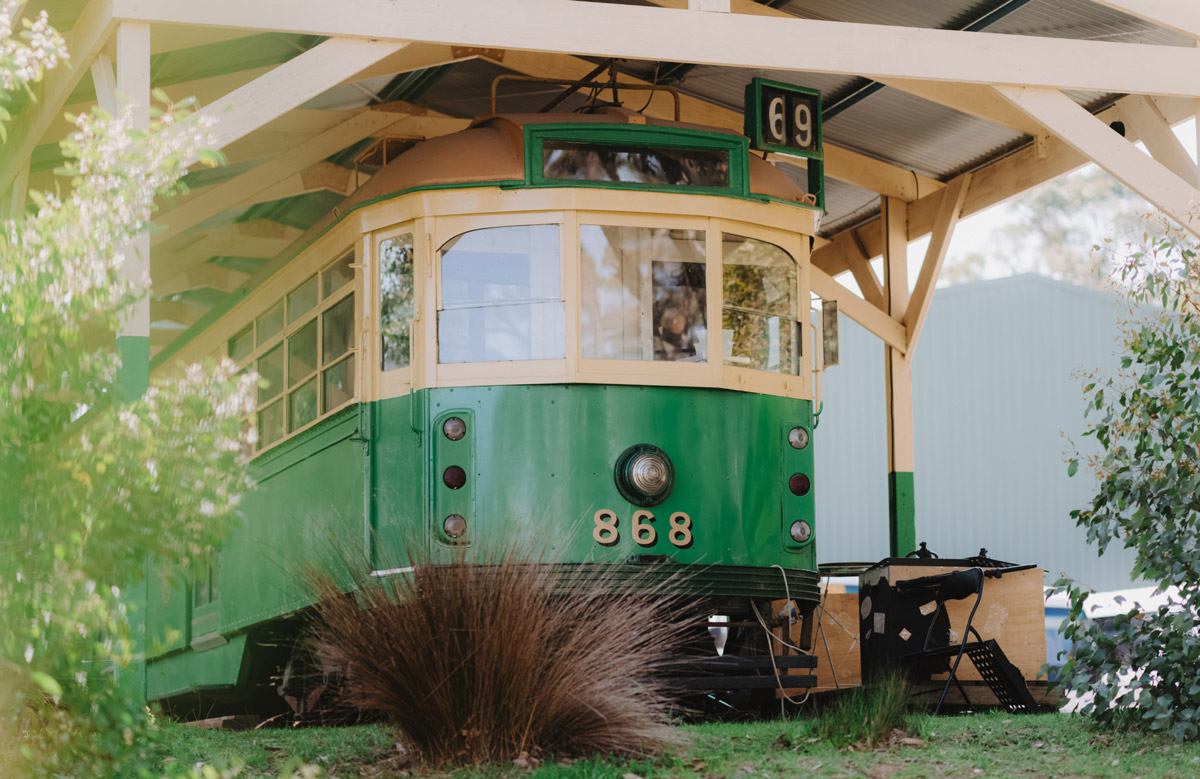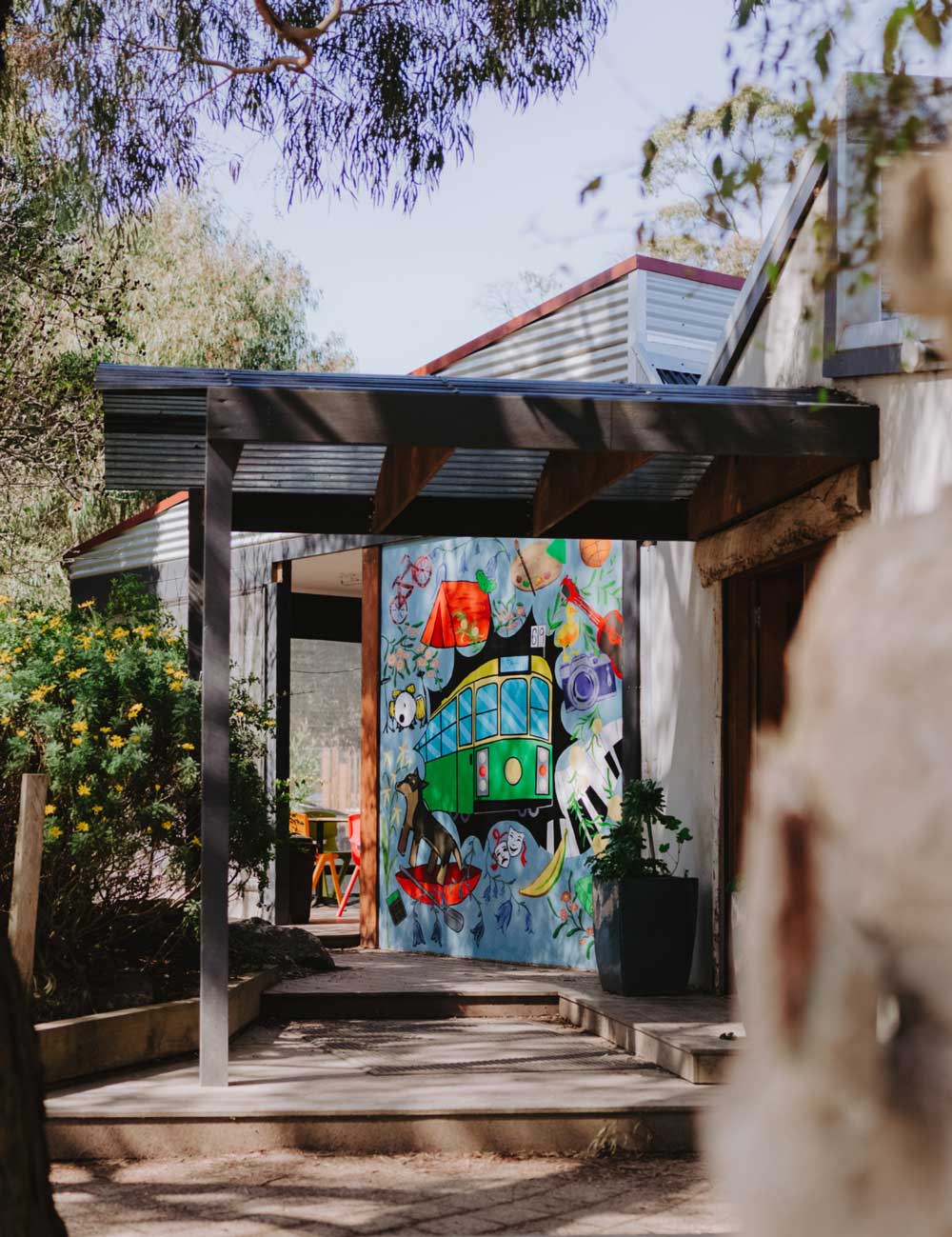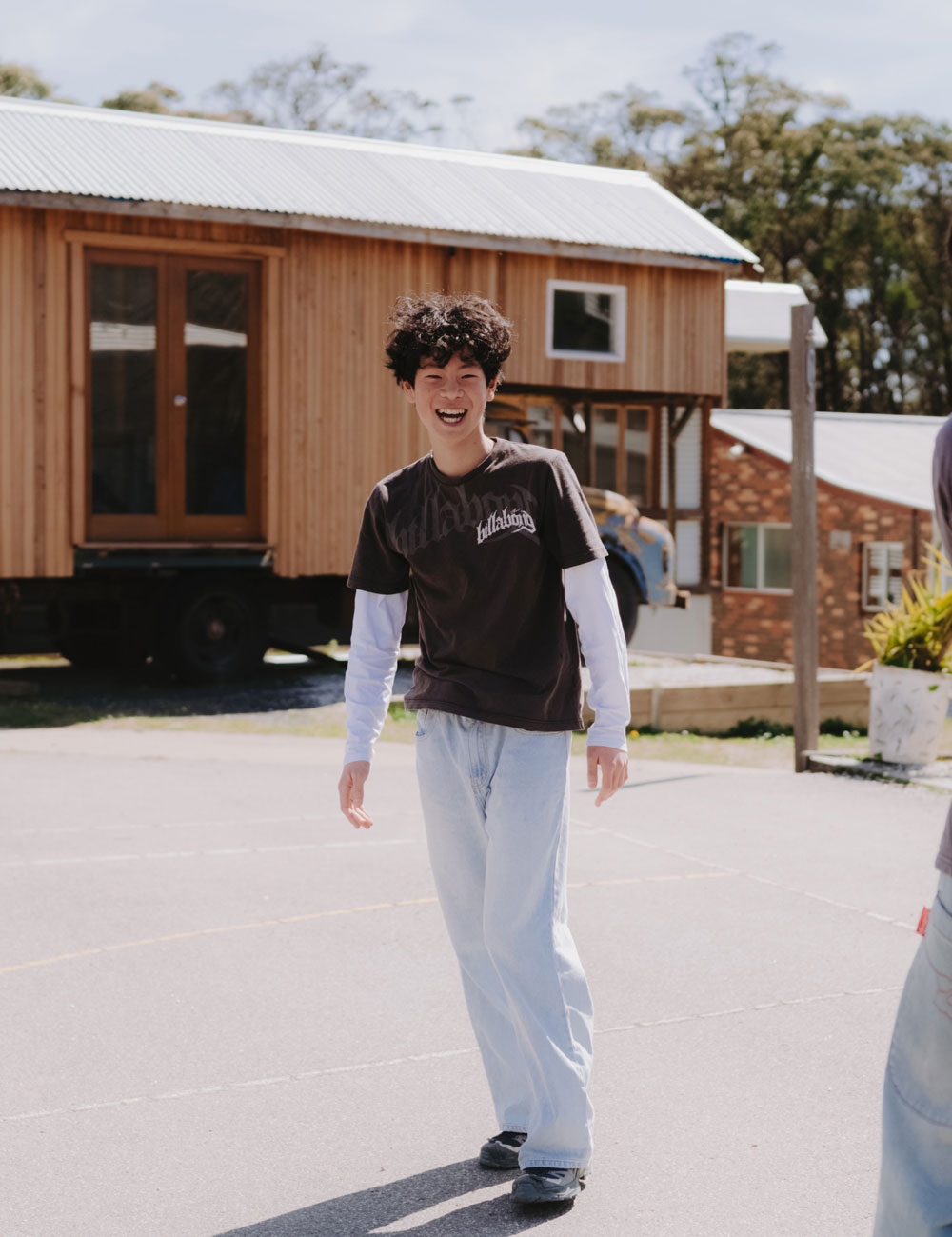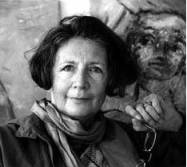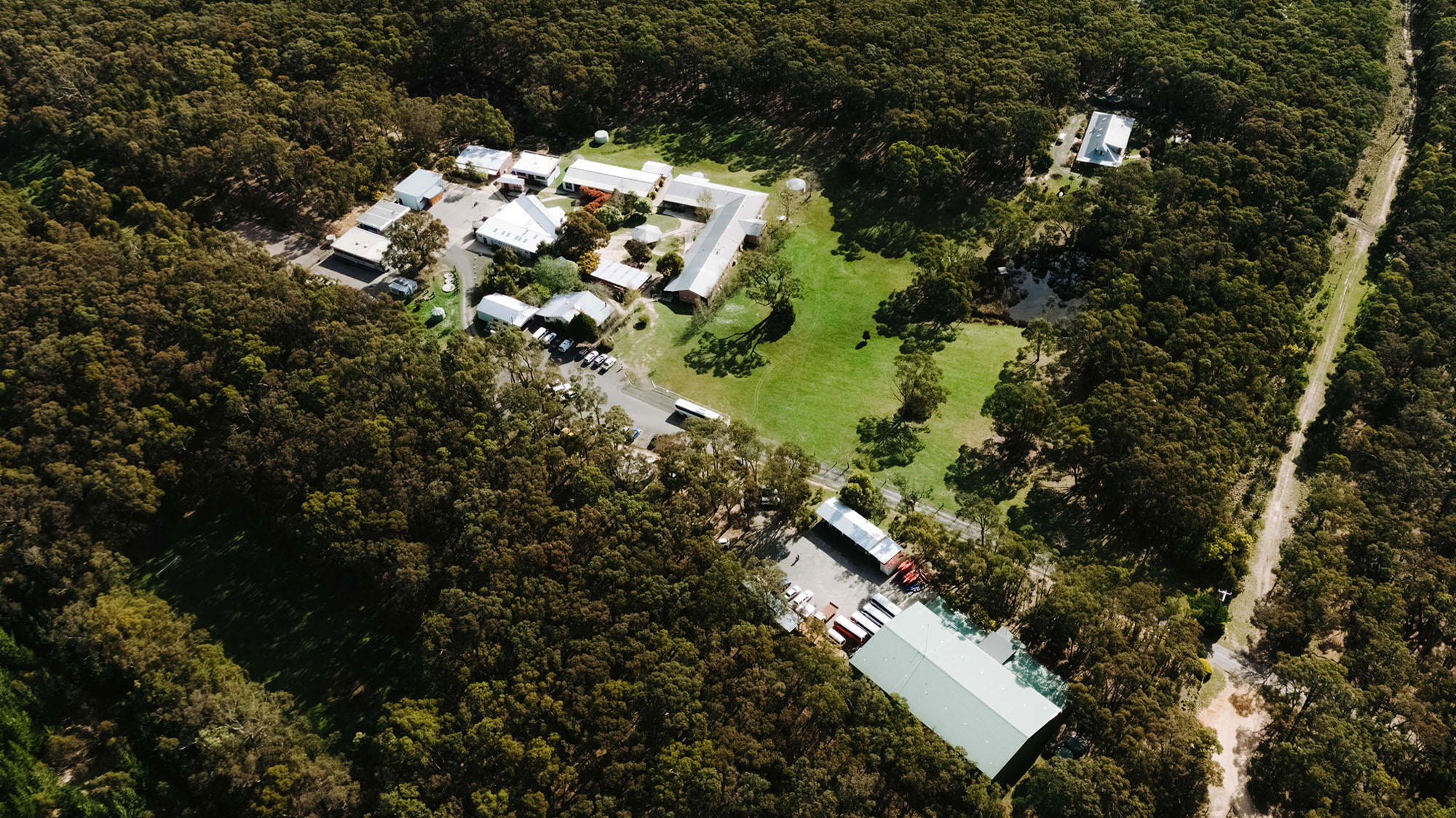
Overview
Alice Miller School opened in 2016, the second school founded by author John Marsden. The school is now at full capacity with waiting lists for most year levels. It is a Year 7-12 sibling-school to Candlebark School near Romsey.
The first and most important rule at Alice Miller and Candlebark is “no excluding”, which underscores the importance the school attaches to generosity, tolerance and courtesy.
Alice Miller builds on Candlebark’s success by adopting the same approach to education, but also by dedicating itself passionately to the development of students’ artistic abilities. The school recognises the growing importance and legitimacy of the arts in our society, and is strongly aligned with the views of educators like Sir Ken Robinson on the value of creativity in individual lives. It acknowledges the capacity of artistic expression to contribute to a sense of wellness, fulfilment and joy – and to enhance career prospects in the 21st century.
Like Candlebark, Alice Miller is passionately committed to first-hand experiences. Our students hike, paddle, climb, travel interstate and overseas, and even go on professional band tours.
Alice Miller is committed with equal strength to its academic program. High-powered, creative, dedicated teachers with a dynamic approach to the best interests of their students are fundamental to Alice Miller’s educational philosophy.
We perform extremely well academically, despite being small and non-selective (see Results). However, this is a natural result of the way we work with young people, rather than a primary goal.
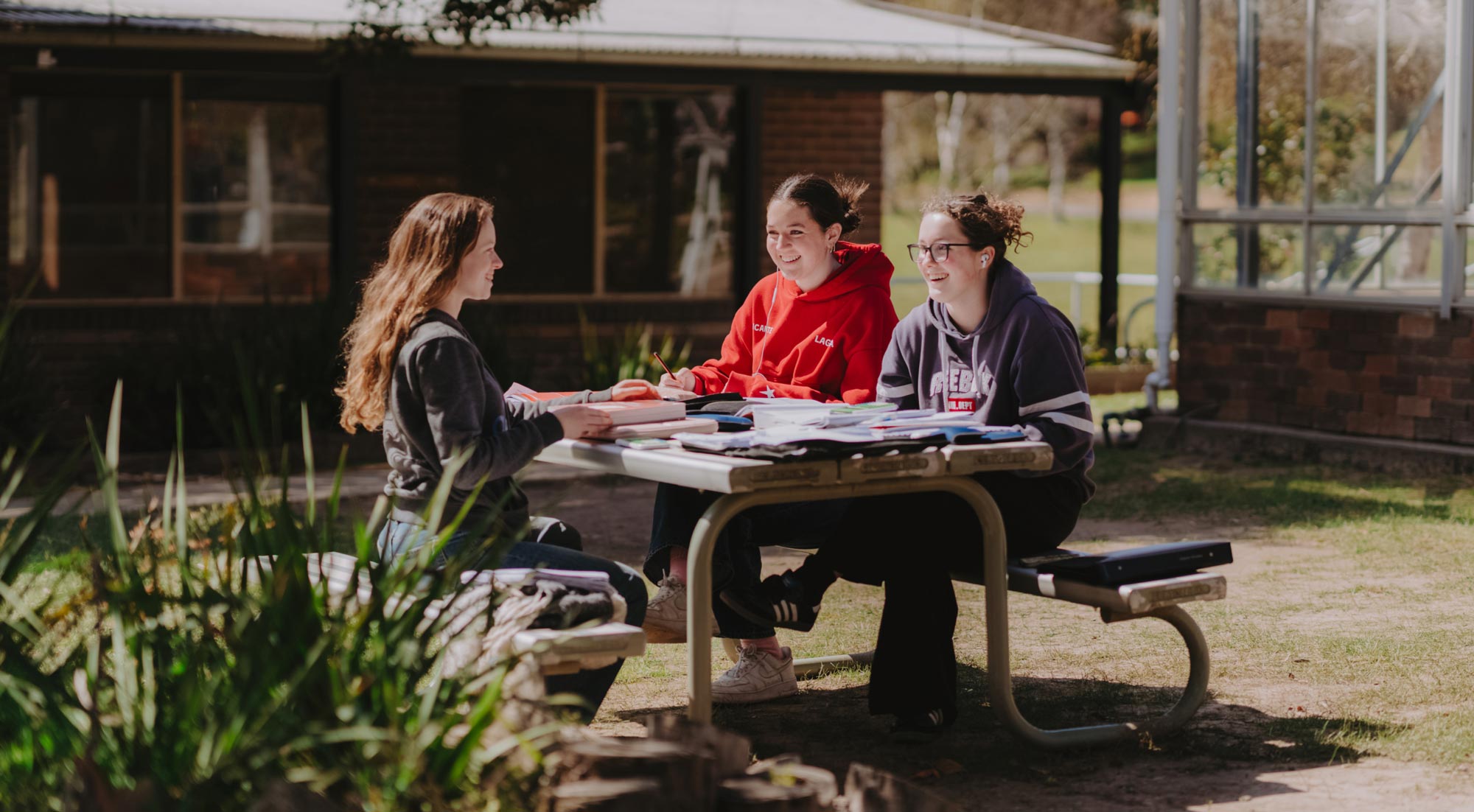
What makes us different
Alice Miller operates from 10:00 AM to 4:30 PM, times designed to coincide more effectively with the sleep/work patterns of teenagers. However, the school and its facilities can be accessed by students from 9 AM each weekday. This enables many students to practise music, work on art pieces, do homework, play chess, continue with projects or assignments. The school runs buses to and from Macedon, Sunbury and Woodend Stations, to meet trains on the Melbourne-Bendigo line that service the 10:00-4:30 timetable.
Space is a great luxury. One of the greatest gifts we offer young people is space to run, to explore, to be. Alice Miller is located on an attractive 80 acre bush campus, with a five-hole golf course. The property is shared with kangaroos, koalas, echidnas, wombats and platypus. The school is well resourced, with 22 classrooms, dedicated science laboratories, a professional standard gymnasium, and tennis and basketball courts.
Students are encouraged to take VCE subjects early in their secondary school careers – from Year 9 where appropriate – to widen their knowledge, challenge them intellectually, help them acquire good study skills, and prepare them for Years 11, 12 and beyond.
Students clean the school at the end of each day. This is part of educating young people to accept responsibility for their own deeds (and misdeeds). The school does not believe that it is in the interests of students to pay adults to clean up messes they themselves have left behind.
Food is provided at school, at no additional cost to parents. This not only eliminates the chore of making packed lunches each morning, but also, and more importantly, aids in the growth of collegiality, as students and staff eat morning tea and lunch together. Students take turns in preparing and serving food, as well as clearing away afterwards, thereby learning valuable lessons that will stand them in good stead in their adult lives.
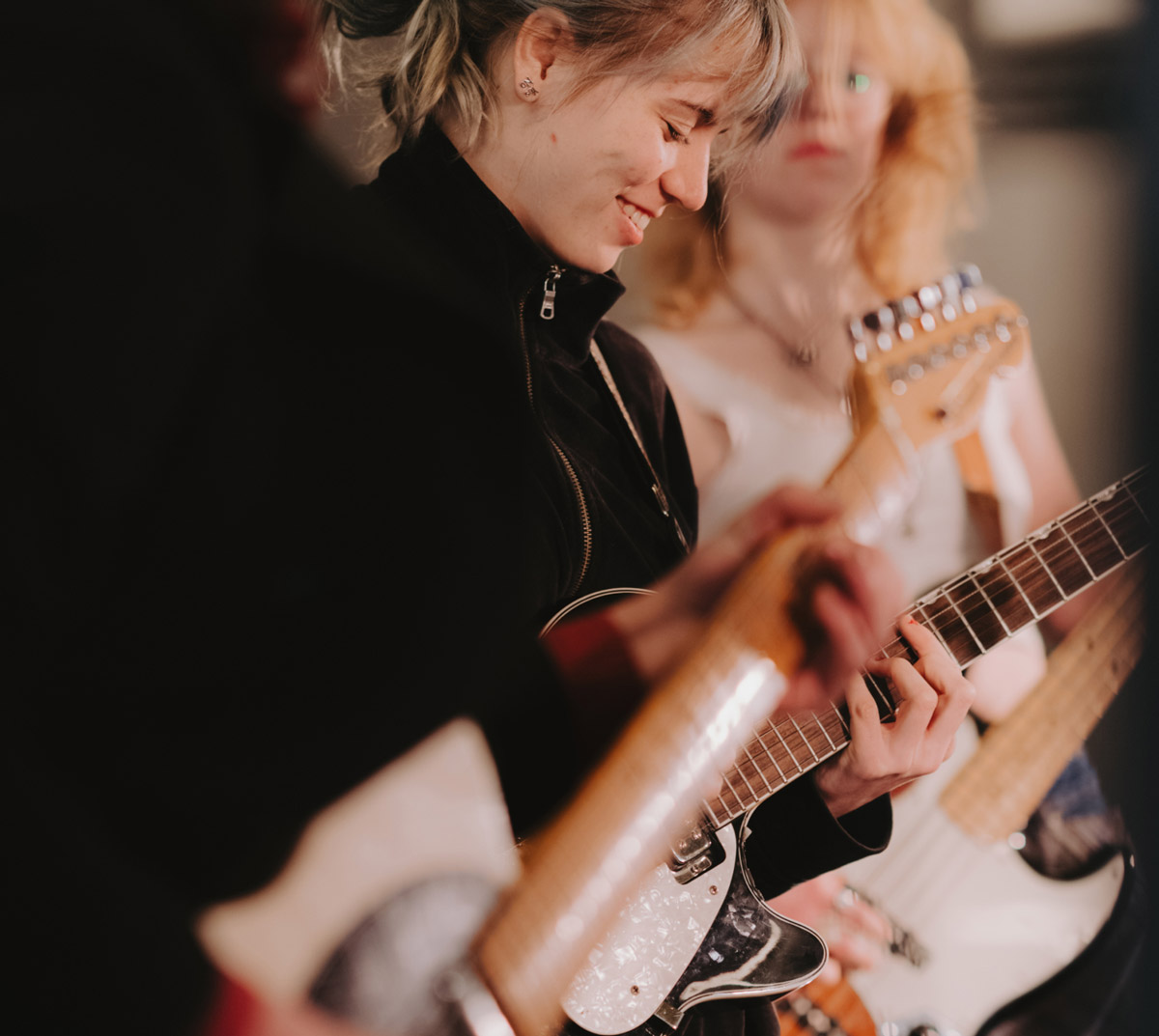

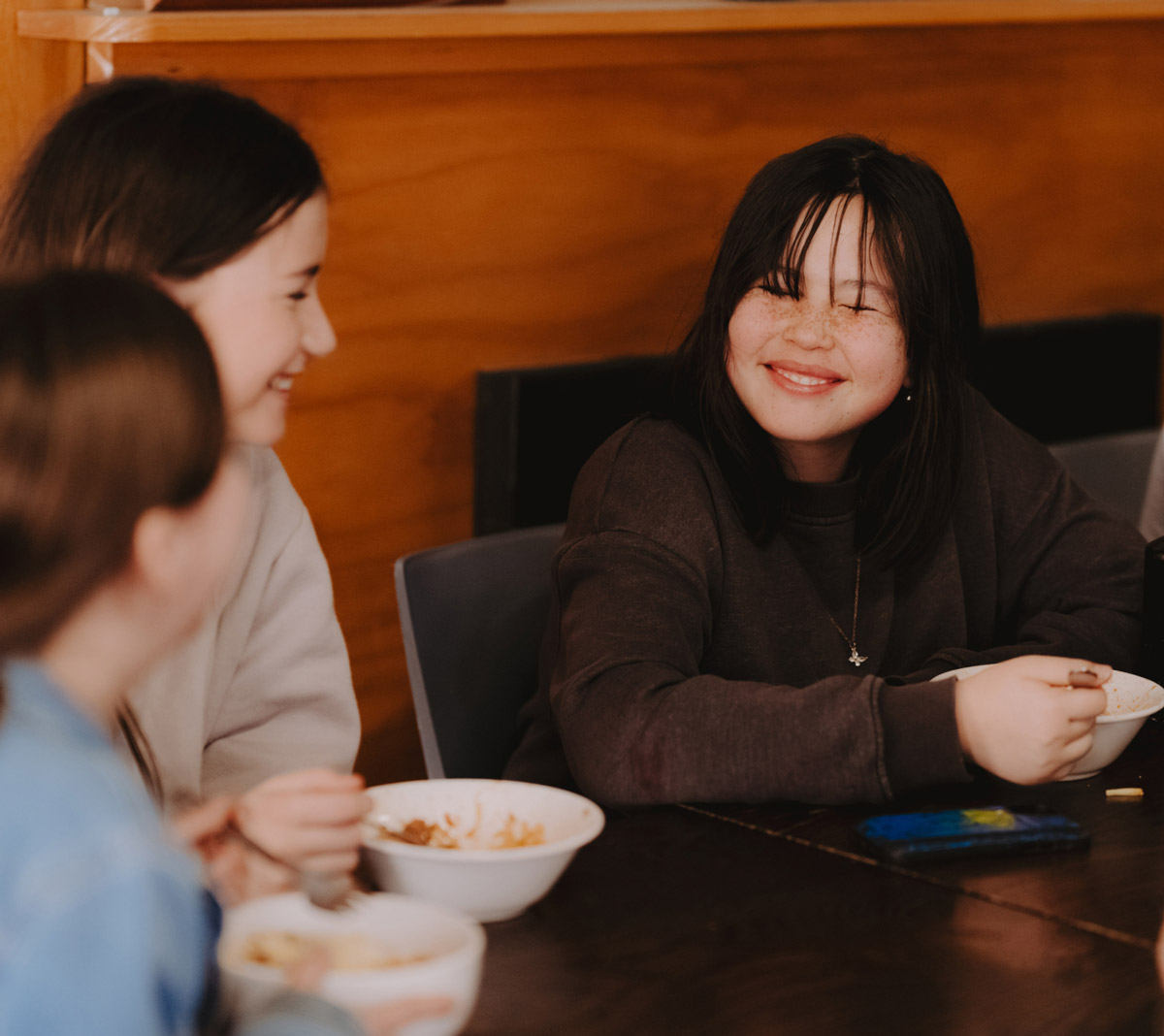
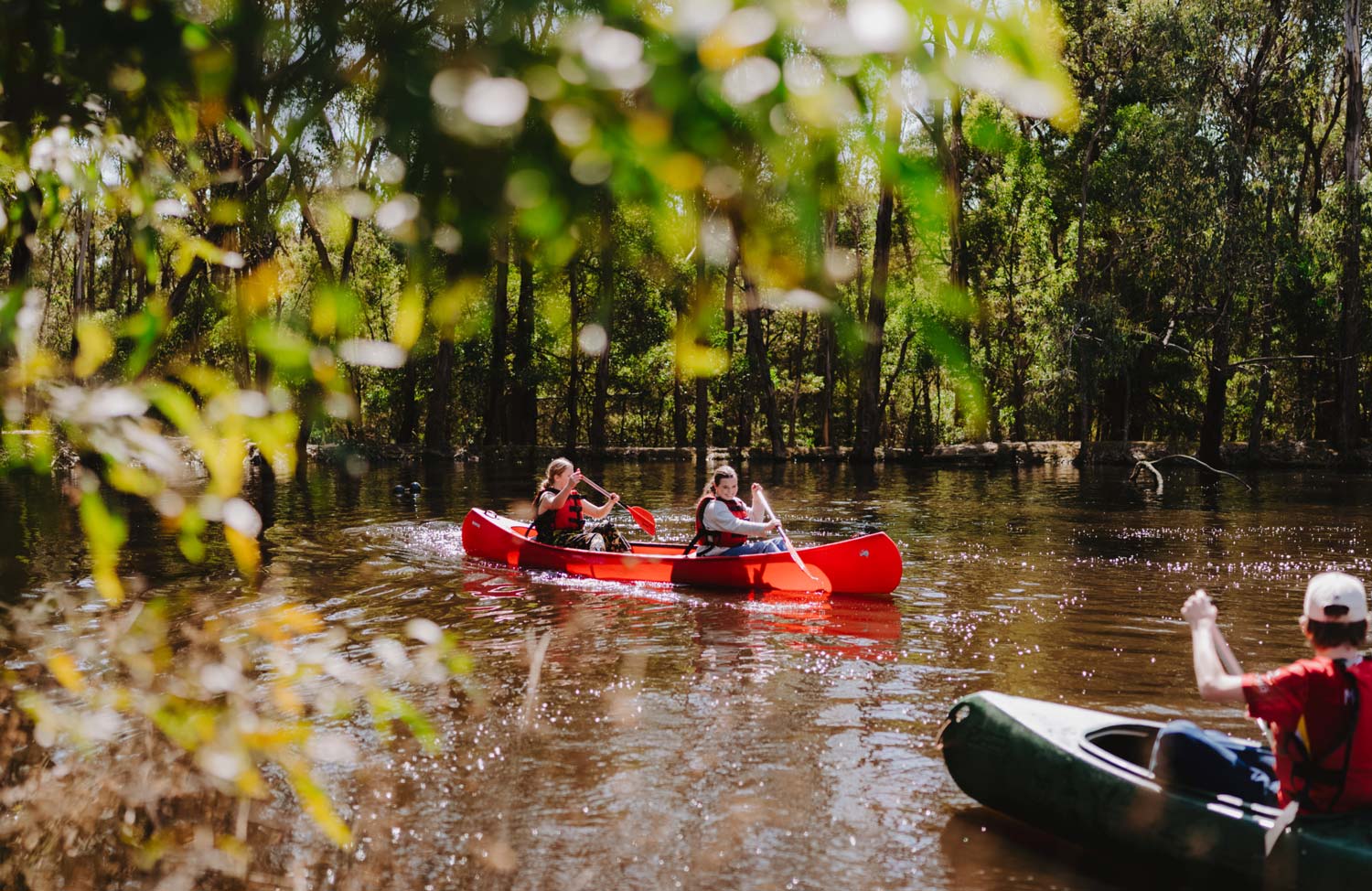
Where is the school?
Alice Miller School operates on 75 acres of bush just outside Macedon township. Our foundation school, Candlebark, is on 1,100 acres of forest outside of Romsey. We also have a 475 acre property called Nulla Vale that we use for camps and educational activities.
How big is the school?
Alice Miller School caters for up to 280 students from Years 7 to 12.
What is the philosophy of the school?
At Alice Miller School, we recognise that the teenage years are critical. A lack of real challenge and expansive experiences robs young people of the chance to grow into confident, capable adults. At the same time, the absence of positive, wise role models outside of the family unit means that teenagers can become overly peer-orientated. Our school treats young people with the same respect afforded to the adults in the community and offers them the guidance and opportunities to become thoughtful, creative, and engaged participants in the world. We do all this while maintaining a strong focus on academics, helping our students get to wherever they want to be.
Do you have a selection policy?
We have an open access policy, which operates without regard to religious, academic, physical or racial factors. We carefully assess children who want to come here, but previous academic success or failure is not a factor in that assessment. We are interested in indications of social consciousness, focus and application to schoolwork and other activities, adventurousness and curiosity.
Places are now generally applied for two years in advance; for example, students wishing to apply for Year 7 2030 apply in 2028 at the latest. Many families are choosing to apply earlier to ensure a higher chance of acceptance.
We prioritise enrolments in this order:
How do you get in?
Enrolment applications involve the following:
Who is Alice Miller
Alice Miller School is named for the Swiss psychotherapist Alice Miller, author of ”The Drama of Being a Child” and twelve other books about the treatment of children in Western society. A Holocaust survivor, Miller’s work was characterised by honesty, fearlessness, and an unflinching search for truth. She never backed away from confronting uncomfortable realities about child-raising. Her courage in doing so made it easier for others to follow in her footsteps.
